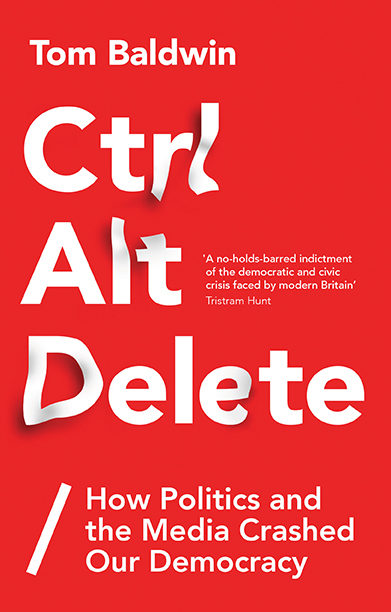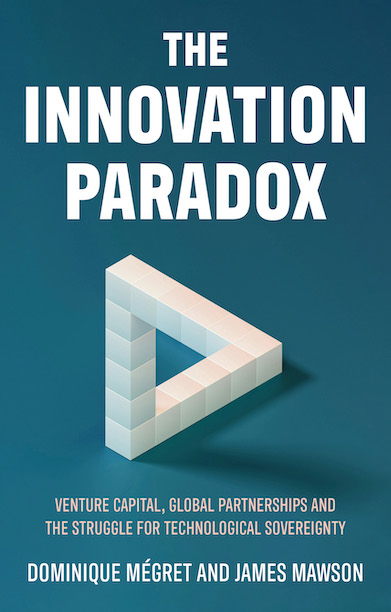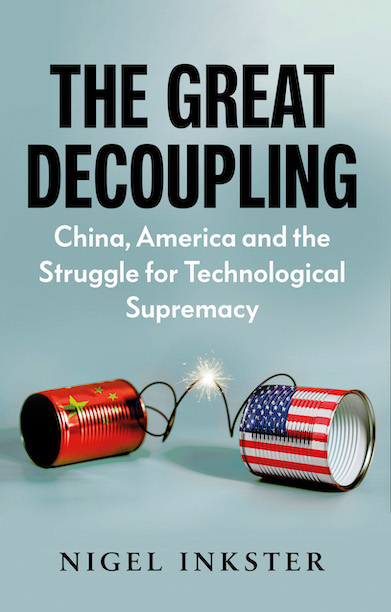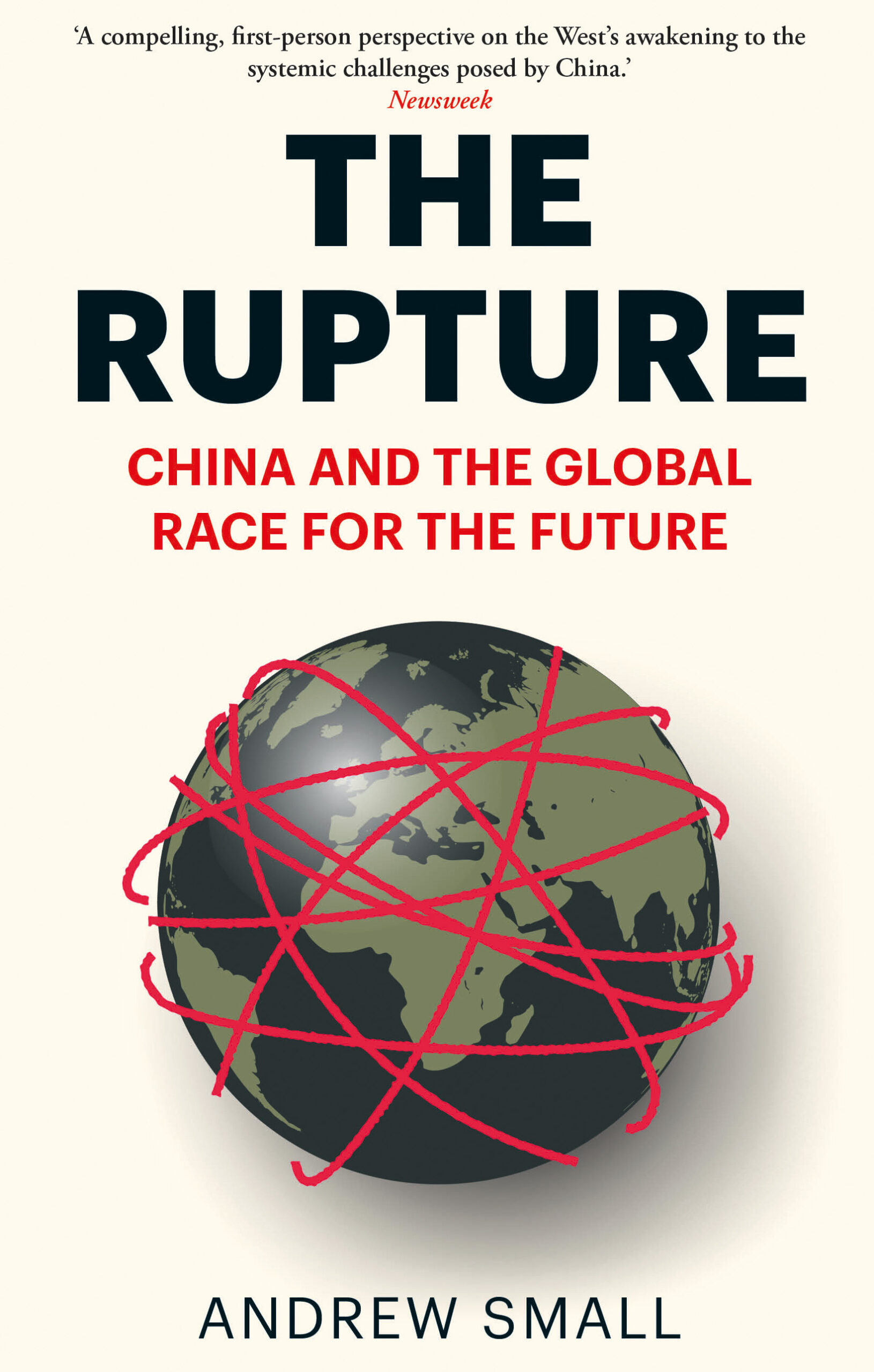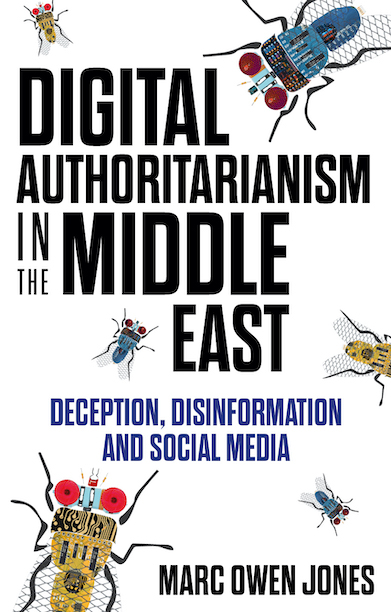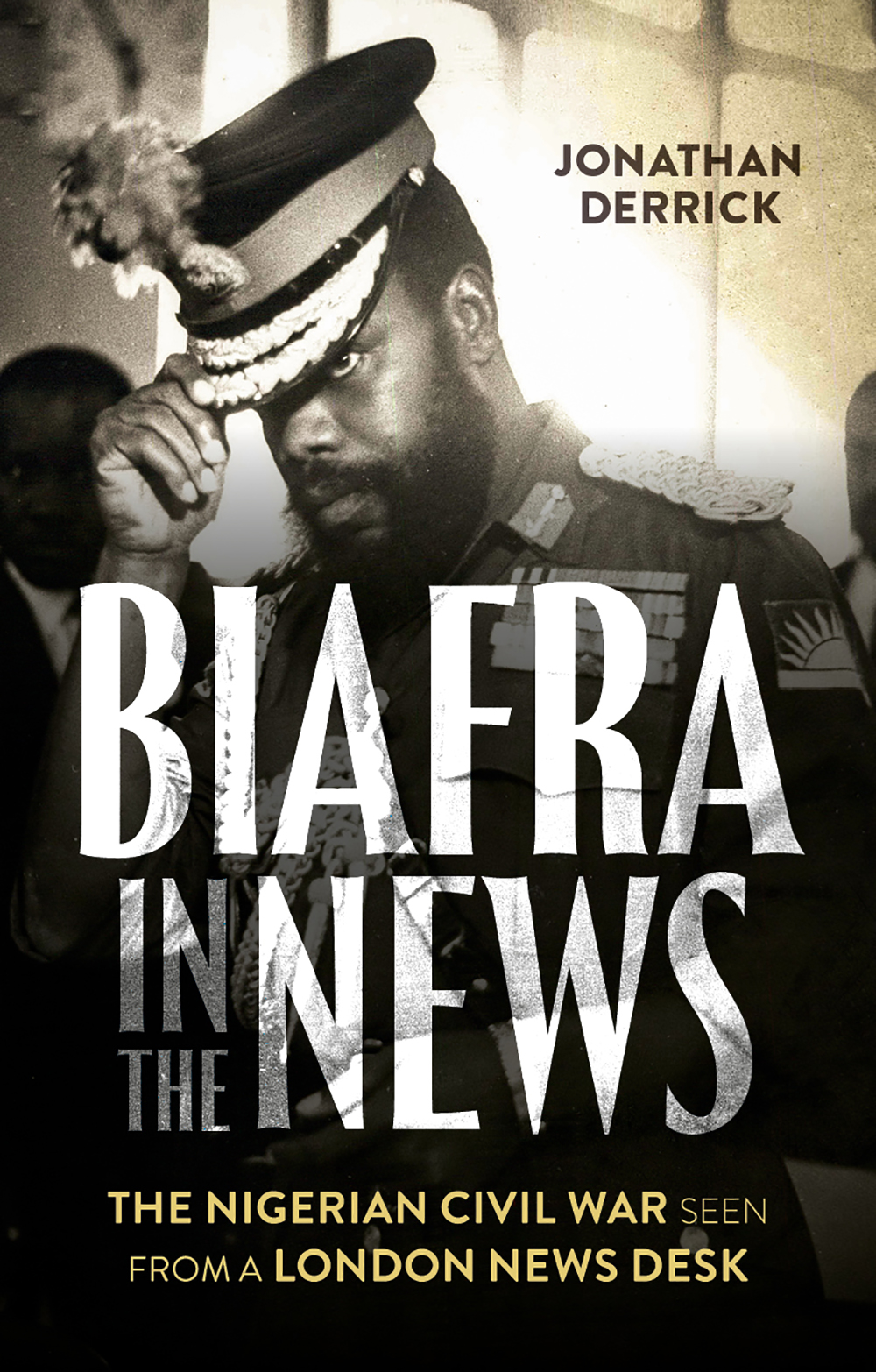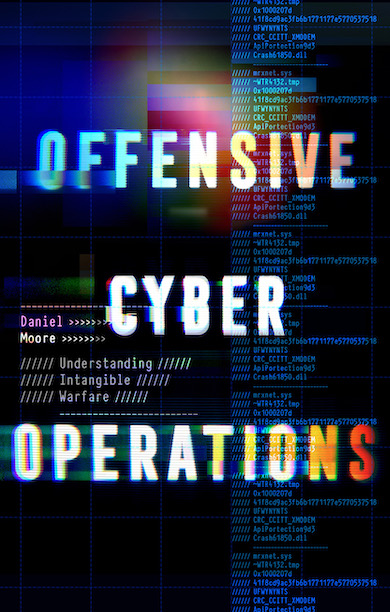Ctrl Alt Delete
How Politics and the Media Crashed Our Democracy
‘Written with characteristic gusto and insight, this is a no-holds-barred indictment of the democratic and civic crisis we face today.’ — Tristram Hunt
Description
Something has gone badly wrong: people loathe politicians, distrust the press and increasingly fear each other.
It’s easy to blame Russian trolls, Facebook news feeds, or the sinister manipulation of ‘big data’ — but these are all symptoms of an abusive thirty-year relationship between politics, the media, and a new information age.
Interviewing everyone from Tony Blair to Michael Gove, top journalists to Russian bloggers, and tech giant execs to online activists, Tom Baldwin describes a vicious battle for control of the news agenda, at the expense of public trust and the value of truth. He shows how technological change has hollowed out space for virulent new populist alternatives, including the so-called ‘alt-right’ and ‘alt-left’. And he warns that not only extremists, but also the progressive centre, may now decide to press ‘delete’ on liberal democracy altogether.
Ctrl Alt Delete is a brutally honest and sometimes funny account of how our democracy was crashed — and whether we can still re-boot it.
Reviews
‘A well-written, often funny, sometimes elegiac and occasionally angry musing on how the worlds of politics and the media have been changed for the worse in the past decade.’ — The Times
‘Baldwin talks with an insider’s knowledge about the sins of what we once called Fleet Street and cheerfully confesses to his own. . . . Where he excels is in weaving together many complex strands to marshal an argument that is illuminated by well-chosen examples and revelatory interviews. His case that we are in civic crisis is made in lucid, punchy and often witty prose.’ — Observer
‘Superb, perhaps the most incisive and readable explanation yet as to how the internet is skewing politics.’ — Andrew Sparrow, The Guardian
‘Few have had a better view of what has gone wrong with politics and the media . . . what distinguishes this book . . . is the way in which Baldwin weaves in a memoir-style narrative, taking his own share of the blame for the state we are in.’ — Financial Times
‘An authoritative perspective . . . laced with burning insights from life in the political arena.’ —Irish Times
‘Baldwin weaves his own experience as a journalist and political operative with a deep and balanced read of academic and other authoritative sources to tell this compelling story … His narrative is easy to digest (funny and packed to the brim with stories and examples) even though his thesis is chilling.’ — Choice
‘A valuable compendium of US/UK political communications episodes. . . Baldwin has done us a service by recounting this narrative . . a useful reminder to those on all sides of the political divides that recent media/political history is more complex than many partisan campaigners allow.’ — LSE Polis
‘An absorbing read.’ — UnHerd
‘The sometimes hilarious, often tragic and always gripping story of how freedom of expression in press, broadcast and new media has become an increasingly wobbly foundation for our democracy and way of life. Tom Baldwin has written an important book.’ — Robert Peston
‘Trenchant, wise and full of first-hand accounts of the weirdness of modern media and politics. This timely reminder that democracy is not yet lost fizzes with optimism and energy — but warns that time is running out.’ — Justin Webb, presenter of BBC Radio 4’s Today programme
‘Tom Baldwin has long been one of the most formidable observers of contemporary politics — as well as an experienced practitioner of the Westminster arts. This book is a brilliant exploration of what has gone wrong, how it happened and where we go from here. It is as nuanced as it is full of wit and conviction. An absolute must-read.’ — Matthew d’Ancona, Editor-in-Chief, Finch Publishing, and author of Post-Truth
‘This is the best account yet of how the media and politicians failed to adapt to the Information Age — and a rollicking good read to boot.’ — Justine Roberts, Founder and CEO, Mumsnet
Author(s)
Tom Baldwin has spent the best part of three decades at the centre of politics and the media. He has been communications director for the Labour Party, political editor of The Sunday Telegraph, assistant editor of The Times, and The Times’ Washington bureau chief.
